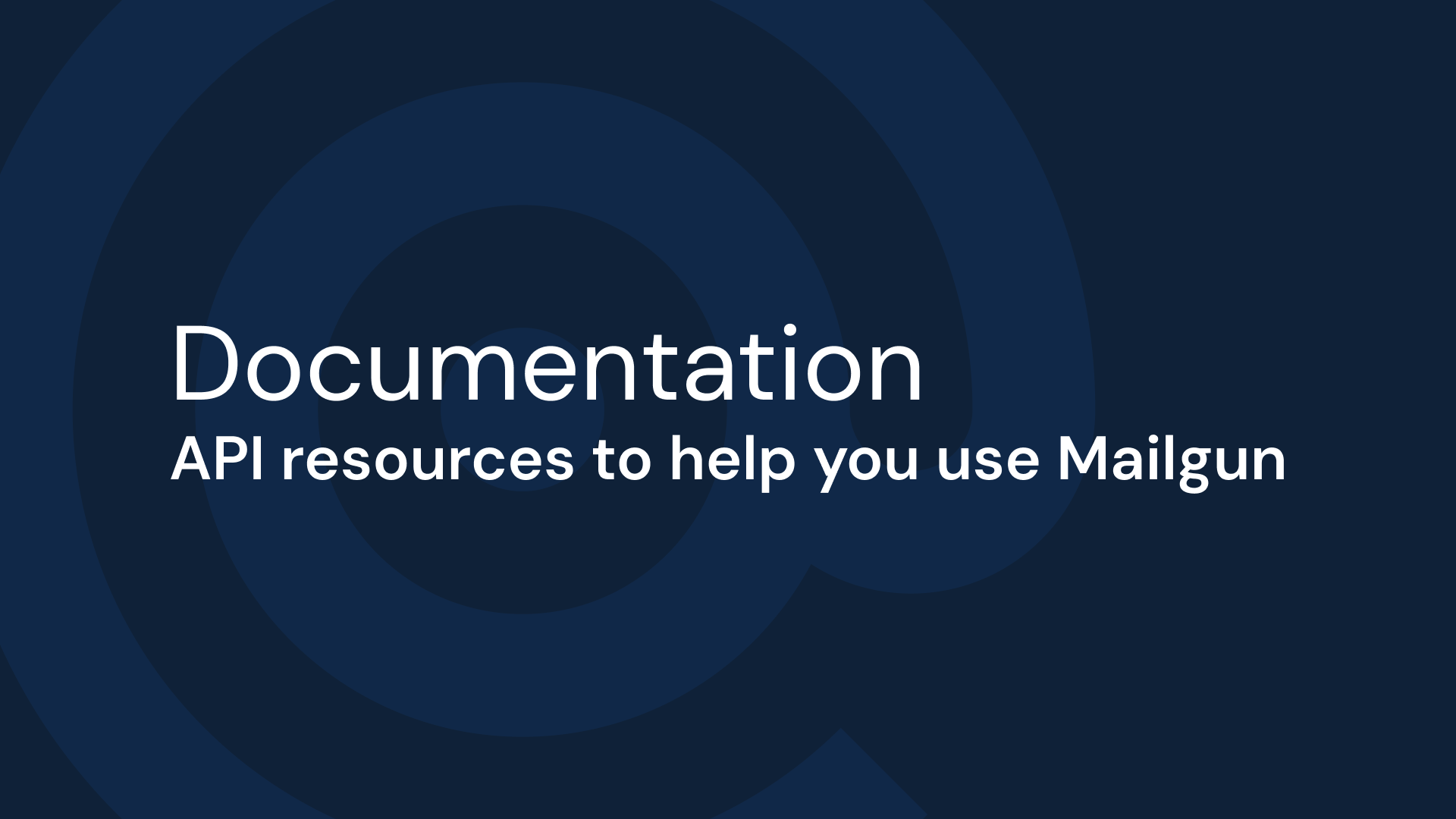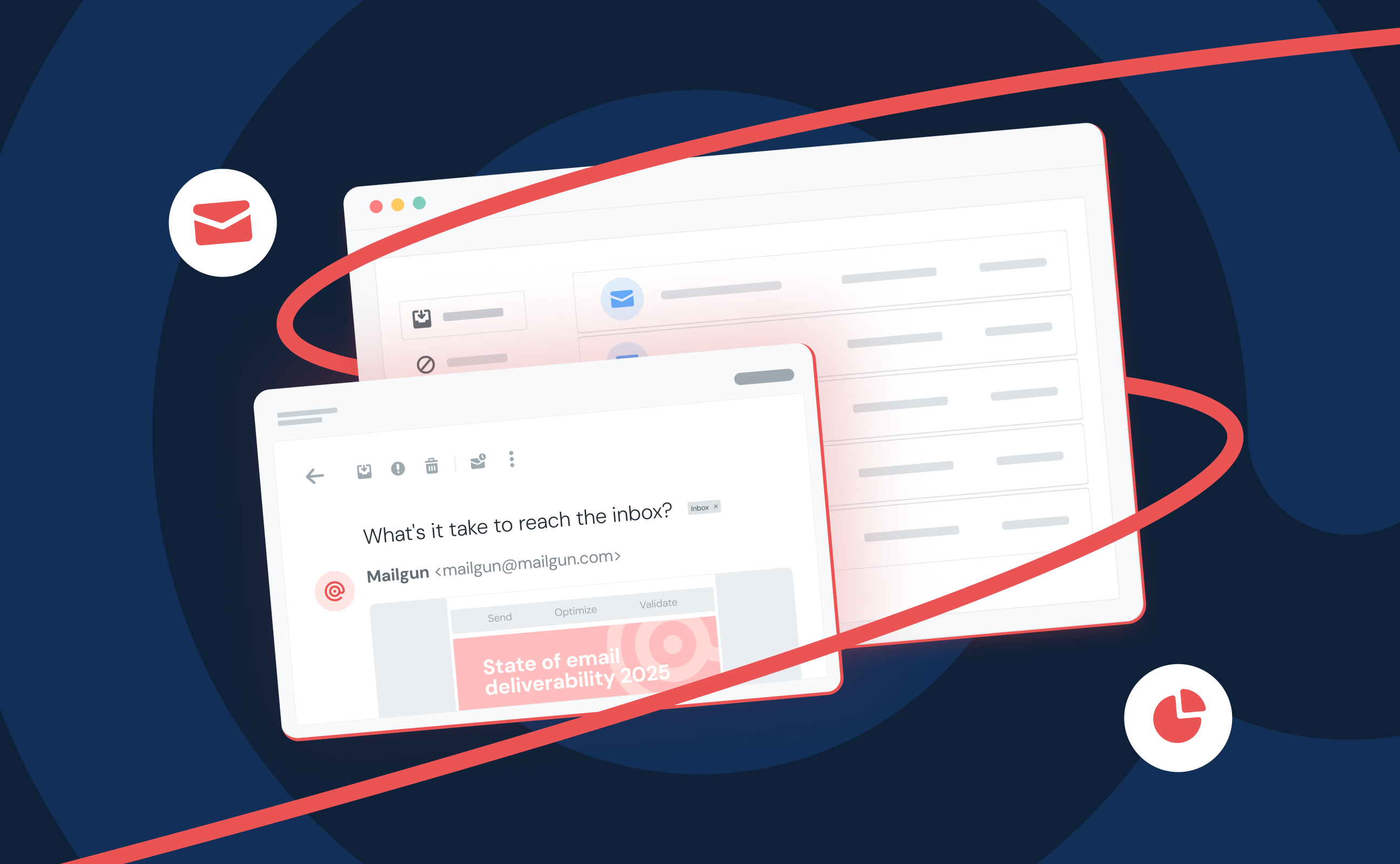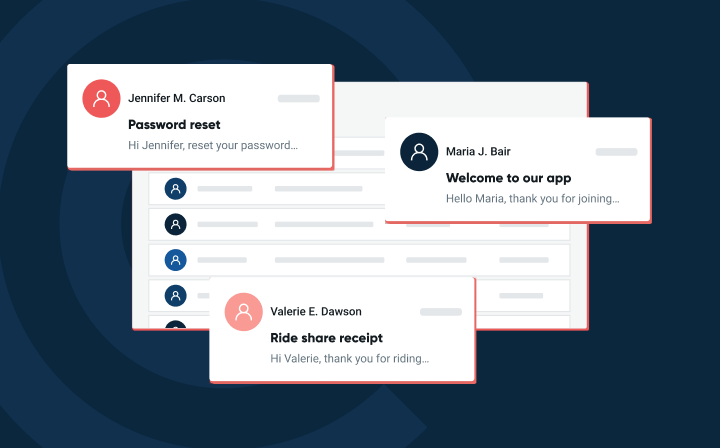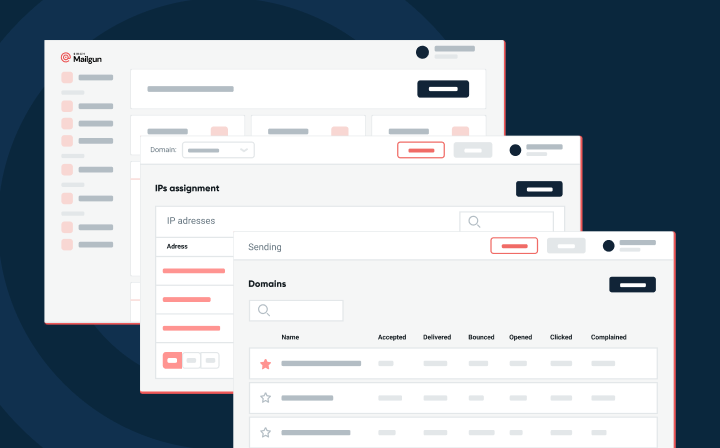COVID-19 email communications dos and don’ts
Email communication best practices for COVID-19. Mailgun's VP of Deliverability weighs in, read more –
PUBLISHED ON
As COVID-19 expands rapidly across the globe, we are observing more brands try to send email communications to their subscribers about the pandemic and how it is impacting their business. Even though all brands are affected one way or another, certain industries need to send critical updates to their customers, such as travel, hospitality, and the entertainment industry, with regards to cancelations, refund policies, and change fees.
Table of contents
The COVID-19 dilemma
The challenge is some brands are treating this pandemic as a business opportunity to validate their subscriber list. Not only will this practice damage your IP and domain reputation with ISPs, but it will also destroy brand reputation by losing customer loyalty. Some are targeting their entire list, ignoring unsubscribes and sunset emails for the whole backlog of email addresses, which results in hitting old addresses that have turned into spam traps. This causes bounce rates to soar, and hitting too many traps causes blocks at the ISP level.
ISPs are seeing a massive increase in incoming COVID-19 traffic. Some European ISPs cannot handle the high volume of the incoming traffic – causing delays in the delivery of critical email notifications from health organizations and government officials. Worst of all, spammers are trying to take advantage of this situation by sending phishing emails, hence the increased vigilance at the ISP level to block any sort of attack.
Which businesses are essential?
To be frank, certain sectors take priority over others – and their messages are paramount to overcome the situation at hand properly. Airlines need to contact travelers and provide updates about flight cancellations, waiving change fees, or guidelines for rebooking future flights. Medical facilities are changing protocols concerning how they are operating, and many are postponing some routine procedures and conducting virtual doctor visits. Grocery stores and pharmacies use email to update people about a possible drive-through option for picking up prescriptions or other essential items. Lastly, Schools and educational institutions are sending daily email communications to students and parents about distance learning as the current situation evolves.
These industries must get their information out to the public, and if everyone is sending out a brief COVID-19 update, their messages get lost in the crossfire. But that all begs to question:
What can you do?
Given the current unusual situation, we highly recommend being mindful of your subscribers and think twice before sending COVID-19 campaigns. If you need to reach your subscribers, please follow these steps very carefully:
Do:
Authenticate your traffic with SPF, DKIM, DMARC to avoid phishing attacks.
Protect your deliverability by validating your COVID-19 email list before sending.
Segment your list based on engagement and do not send email to any subscribers who have not opened and clicked one of your emails within the past 180 days.
Make sure your From Address and subject line clearly reflects your brand name.
Outline the action items very clearly and summarize them in bullet points.
Try to use other mediums such as Facebook, Instagram, or your website if you are announcing new hours or any additional information that does not require immediate action. (Mailgun opted to post it on our website if you’re looking for an example.)
If you are providing essential products that consumers can use during the pandemic, now it is the best time to provide discount codes on major products.
Do Not:
Send mass COVID-19 emails if you do not have anything critical and valuable to say to your customers.
Sound desperate by mentioning your business is suffering as this is impacting all companies and sectors.
Provide medical advice if you are not in the medical sector.
A global pandemic may or may not be a business opportunity for your brand, please use email very carefully and make sure your message is timely and helpful to your subscribers. Otherwise, you will pay the price in the form of a damaged sender reputation.
Add value in this stressful time
Amid this period of self-isolation and stress, some meditation apps such as “Calm” are providing free service, which can be customized for specific age groups. So, if your brand can provide services or items to help people cope better with the current situation, now is the time to step up and help each other out.
Happy sending, and stay safe!
Kate







